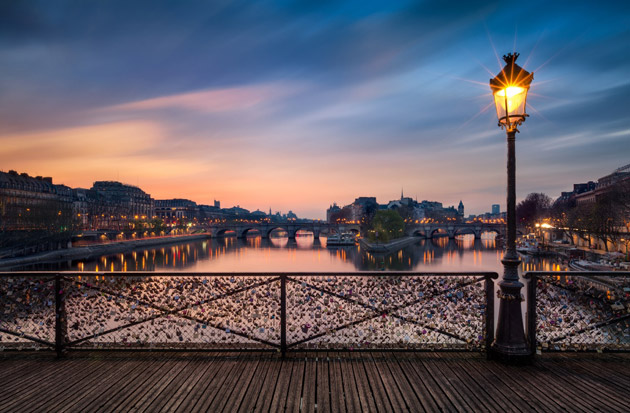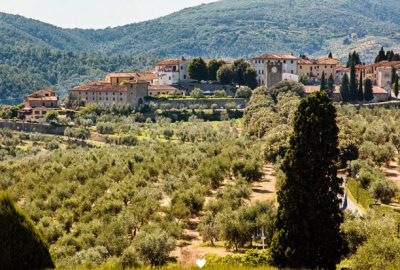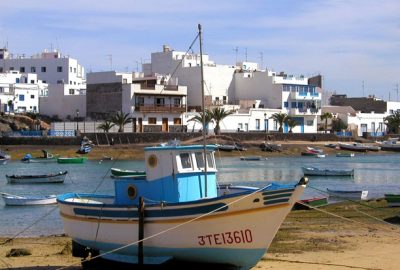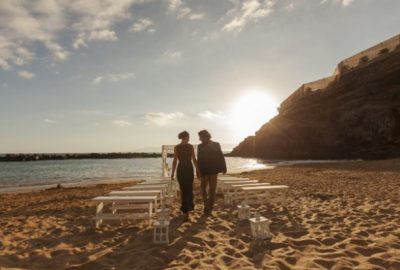Are you thinking about getting married in France? Forgive us for getting a little cheesy here, but we think there’s a reason why ‘France’ rhymes with ‘romance’. Yes, we said it. And there’s a reason why Paris and other towns regularly feature on the ‘most romantic city’ lists. Is it the food? The wine? The language? Or is it simply just the feeling you’re somewhere really special? Pair that with your wedding, and you’ve got yourself the best day of your life. With the help of Mrs Maartje Lawrie, wedding coordinator at Chateau de Maulmont, we give you your essential guide to getting married in France.
The perfect location
Maartje says, “France represents an exceptional value for money, especially if you look beyond the main tourist regions. Whatever location you settle on, you’re guaranteed beautiful venues, great weather and unrivalled gastronomy. My biggest recommendation is to visit your chosen wedding venue at least once, and you must do this before booking. It seems there are many venues and agencies who will try and persuade you to book without first visiting. It may be fine but you never know! There is only one way to be sure, and that is to see it for yourself and meet the people who are going to be organising your big day. It’s important you like the place and feel comfortable there. France is not that far away and very well connected, making it easy to plan a visit. I also recommend you find the venue before fixing the date. This will give you much more choice – it would be a shame to find the perfect venue only to learn the date isn’t available.
We recommend you book at least 2 nights for your wedding abroad. This allows your guests to arrive on the first night and enjoy a relaxed buffet or bbq, then attend the wedding ceremony and reception the next day, and perhaps a final night to relax before the trip home. There are many castles, like our own, that offer bedrooms – it’s a major advantage as it’s lovely to have everyone (or most of the guests) staying in the same place rather than dispersed around various hotels. Be sure to ask about the number of bedrooms and the amenities, and any packages that include the accommodations. For example, our venue can sleep up to 54 people in the castle, plus 3 holiday homes for further 18 guests.”
Just as you would plan a wedding at home, consider your budget vs the dream location. If Paris is your dream (imagine the photos!), would you be willing to settle for a smaller wedding? A reception in a tucked-away restaurant, serving a feast you’ll never forget? Or would you rather wander among the vineyards with a larger wedding party? There really isn’t much you can’t have, as long as you consider the important factors.
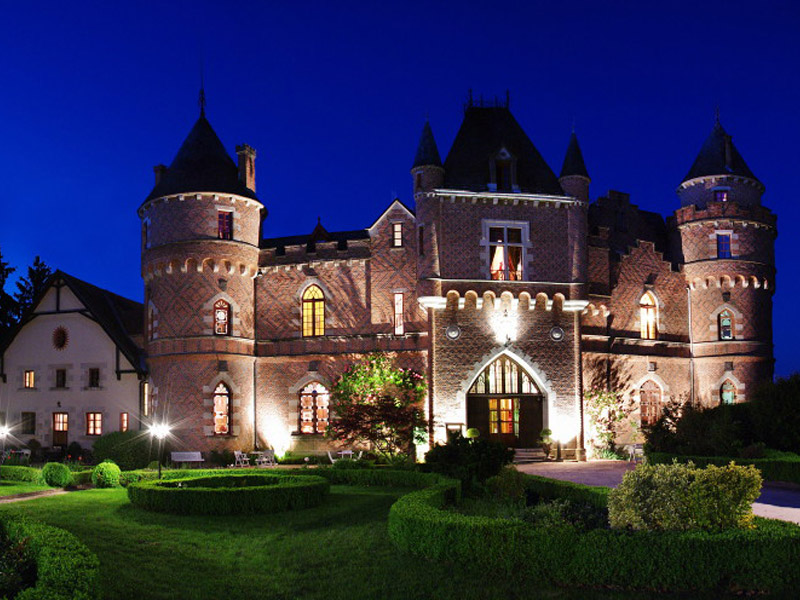
Image courtesy of Chateau de Maulmont
Wedding planner
As ever, knowledge of the local language is a must if you’re planning your French wedding from Ireland. If you don’t speak French, you have two options – hire a venue where the wedding coordinator will make all the arrangements for you, or hire a professional wedding planner who knows the local area.
Maartje says, “here at Chateau de Maulmont, we’re native English speakers, and we’ve been organising weddings for over 25 years, so we really know all about couples coming from outside the country. We love sharing our local experience, and that’s why our wedding coordination service is free, as part of your wedding package. This way, you can set your budget and not worry about your checklist. We have total flexibility and we know plenty of local suppliers, so we can arrange any type of wedding.”
As usual, you must check online for any feedback from other brides who may have used a particular place or planner – don’t pick the first person you find online if there isn’t any feedback available on their work.
The time vs the cost
Various online searches tell us that you can expect the most sun in the south-eastern part of France, in places like Corsica, Marseille, Montpellier and Toulon. Paris, located in the centre of the country, receives on average less than half the hours of sunshine than those regions. What’s a bride to do? Well, as you would expect, the wedding season stretches from May to September, with lower prices outside these months, but also lesser likelihood of sunshine. Middle of the summer means the best weather, but also tourists and the French taking their annual summer holidays. It’s important to consider the possible crowds, and definitely discuss this with your coordinator and compare the prices. It may just transpire that moving your wedding date by a mere two weeks will make a huge difference in both crowds and budget.
When considering your budget, you have to take into consideration the VAT of 20% and the fees of the wedding planner. Before you commit to anything, you must ask if the price covers absolutely everything, including taxes and any incidentals. You should allow some flexibility – set your maximum budget, the minimum, and the middle, and take it from there.
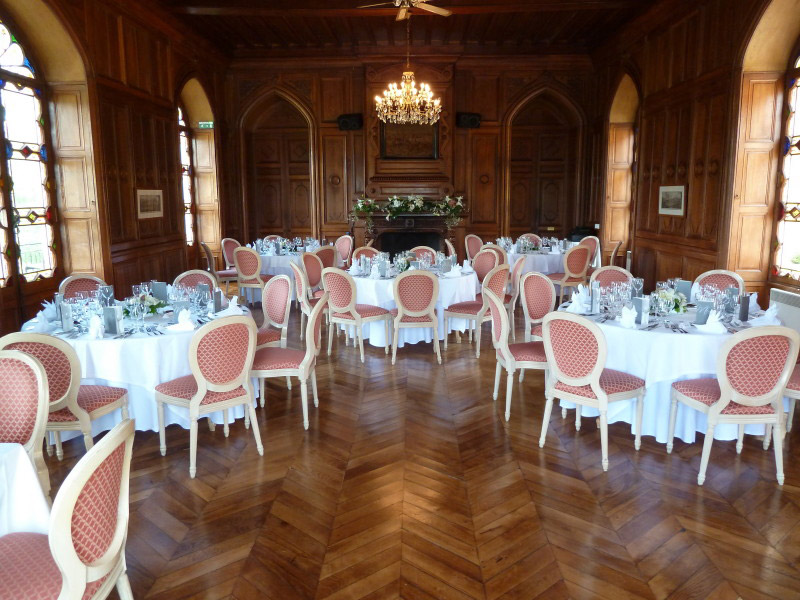
Image courtesy of Chateau de Maulmont
The legalities
At the time of writing, there are strict residency rules in France which prevent most foreign couples from holding a legal ceremony. As the law is changeable, the sources online say it’s anywhere from 30 to 40 days of residency. Maartje says, “for Irish couples, it is important to know that it’s not possible to have the legal ceremony in France, unless their parents happen to live in the parish where the wedding will be held. Irish couples therefore need to get legally married in Ireland. The church or humanist service is then held on the wedding day in France. For the humanist service, we have English speaking officiators who will work with the bride and groom to write an intimate, highly personalised ceremony. For a church service, it is essential for the couple to meet the priest beforehand. It is also possible to bring an Irish priest if you can persuade him to travel to France. This obviously requires approval from the local French priest, but is not normally a problem.”
As always with any legal matters, it’s best to allow at least 12 months to plan your big day, and ask your coordinator or planner for up to date advice on what documents you need to bring. Do remember the question of your name change – if you book your wedding and flights in your maiden name, then get married in Ireland and have your passports changed, you may have travel difficulties.
Always check with the Irish authorities in France about any changes in legislation, even if you’re unable to have a legal ceremony – it’s simply a smart thing to do.
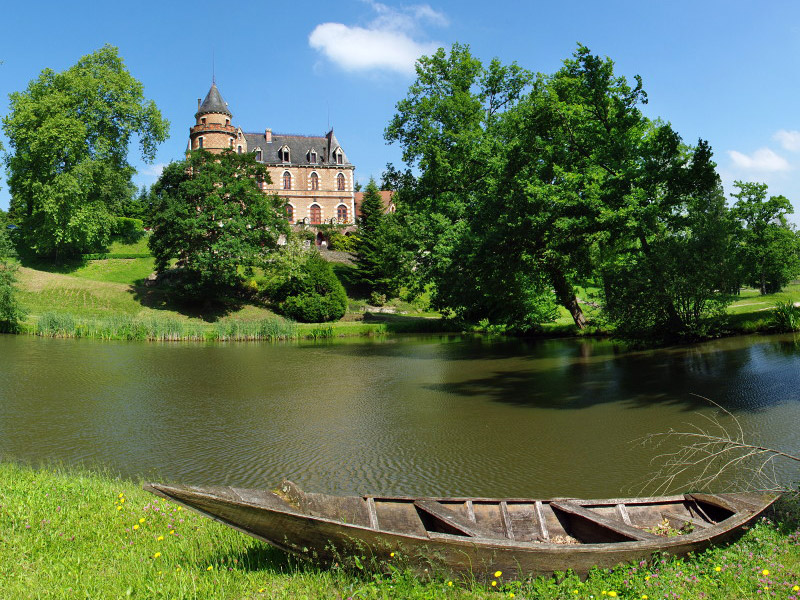
Image courtesy of Chateau de Maulmont
All the wedding bits and bobs
The look of your reception will very much depend on where you’re actually getting married. If you’re going to take a catered cruise down the Seine, or have a rustic celebration in a vineyard, or an elegant chateau affair, each one will offer something unique that’s quintessentially French. We highly recommend allowing the coordinator or planner organise all your little details, and you may of course send them pictures of things you really love, like floral arrangements or table décor. France is renowned across the world for spectacular cuisine, so ask for recommendations of local specialities, guaranteed to be delightful. Depending on how much control you’d like to have in the overall process, we recommend keeping it really simple. Let your guests remember the spectacular food, the unique local wine, the ambiance and the fireworks (maybe?) – with such things to enjoy, hardly anyone will notice you don’t have sashes on your chairs. The whole charm of a wedding abroad is the taste of foreign culture, and doing something delightfully different.
Finally, some useful links for further reading:
Irish citizens’ information on getting married abroad
Irish embassies and consulates in France
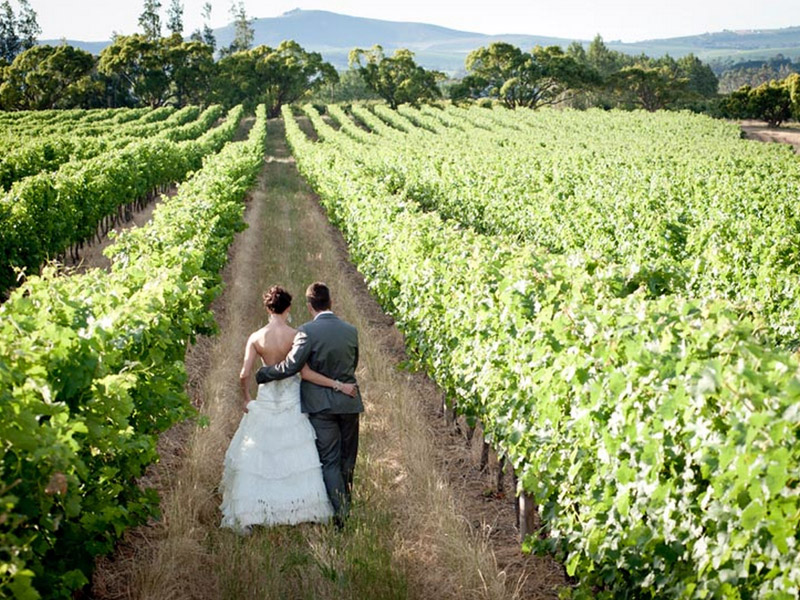
Above image courtesy of blogs.topwedding.com
Main image courtesy of hotel-agora-paris.com
